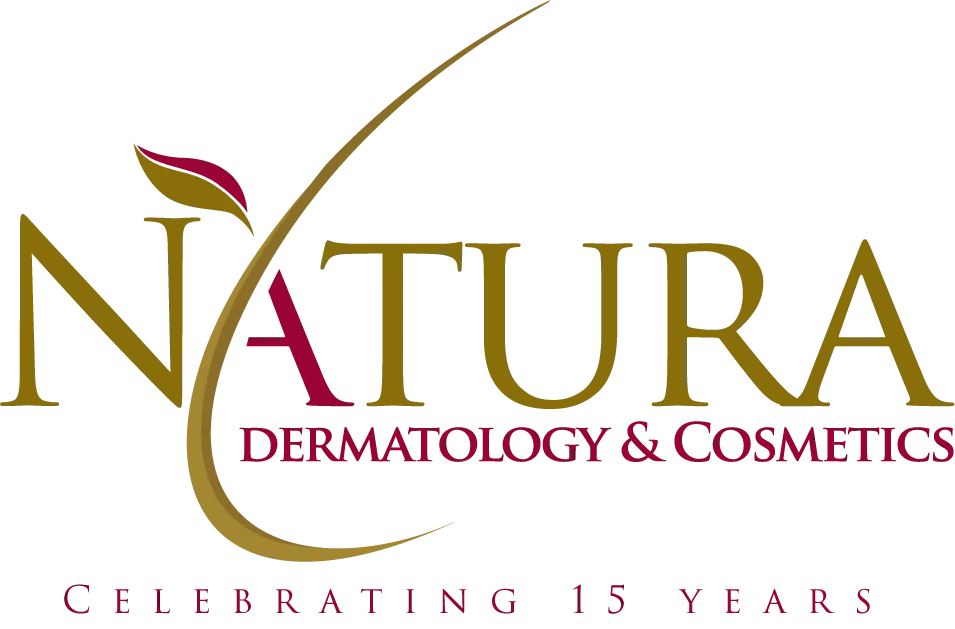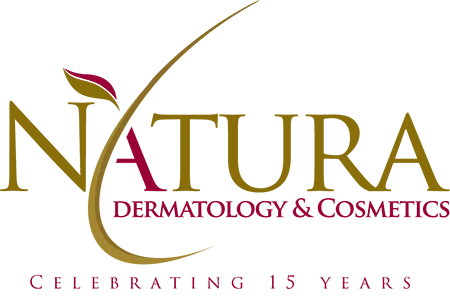Mohs Surgery in Fort Lauderdale, FL
What Is Mohs Surgery?
Mohs Surgery, commonly referred to as “Mohs” or “Mohs micrographic surgery” if you want to be thorough, is a specialized treatment for removing certain skin cancers.
The term is used to describe the method of surgical removal of skin cancer from your skin. What separates Mohs Surgery from other surgeries is that it is the only treatment method that allows for evaluation of the “margins” during the surgery. The “margins” is a term that describes the areas surrounding the visible skin cancer; in other words, ensuring that all skin cancer cells have been removed from the surrounding area. This results in the removal of the least amount of healthy tissue, which is especially important when skin cancer develops in a sensitive area where it is important to preserve as much healthy tissue as possible.
How is a Mohs Surgeon different?
While many dermatologists claim to be a Mohs Surgeon, there is a difference when dealing with an experienced expert in the field.
Dr. Will Richardson is a board-certified dermatologist who has specialized in Mohs Surgery for over a decade. He has performed hundreds of Mohs Surgeries successfully, and is considered an expert in the field. Additionally, Dr. Will also has a full cosmetic practice to minimalize the scarring and enhance the healing to the best degree possible.
How Is Mohs Surgery Performed?
Mohs surgery is usually performed as an outpatient procedure, scheduled and performed at the office.
You remain awake during Mohs surgery and receive a local anesthetic to numb the surgical area. If you are concerned about discomfort during the procedure, it is important to discuss this with the doctor.
Once the anesthesia has taken effect, the visible skin cancer is surgically removed. The removed tissue is immediately processed in the lab and then examined under a microscope by the specialist to determine if there are any cancer cells remaining at the margins of the removed tissue. This examination happens while you wait in the office.
If cancer cells are still present at any edge of the removed tissue, the surgeon will continue to remove skin specifically at the location where the cancer cells remain. The tissue will then be examined again to determine if you have remaining cancer cells. This process is repeated until all cancer cells have been removed - in almost all cases, Mohs surgery can be completed within a day or less.
After the Mohs surgery is completed, the practitioner will discuss with you the best way for the wound to heal. Each surgery is completely different, so the healing is different – sometimes, stitches may be required, or your wound may be bandaged and allowed to heal on its own. Any surgical repair is usually performed on the same day. The Mohs surgeon will determine the best approach with you.
When Is Mohs Surgery the Best Treatment Option for You?
Mohs Surgery can be used to treat certain cases of basal cell carcinoma and squamous cell carcinoma, depending on their size and type. Mohs Surgery also may be used in smaller, more sensitive areas because the surgeon attempts to remove as little normal skin as possible while ensuring that the entire skin cancer is removed.
Mohs surgery can also be useful for other types of aggressive or difficult-to-treat skin cancers, such as those that are rapidly growing, are large, have poorly defined borders or regrow following a previous treatment. This is because of the direct, customized approach to each surgery.
Most dermatologists – Dr. Will included! - recommend Mohs surgery when appropriate because it preserves as much normal, healthy tissue as possible. Additionally, because the treatment is onsite and the examination of the tissue is immediate, Mohs Surgery has a high success rate.
To determine if you are a candidate for Mohs Surgery, it is important to schedule the consultation with your dermatologist as soon as possible.


